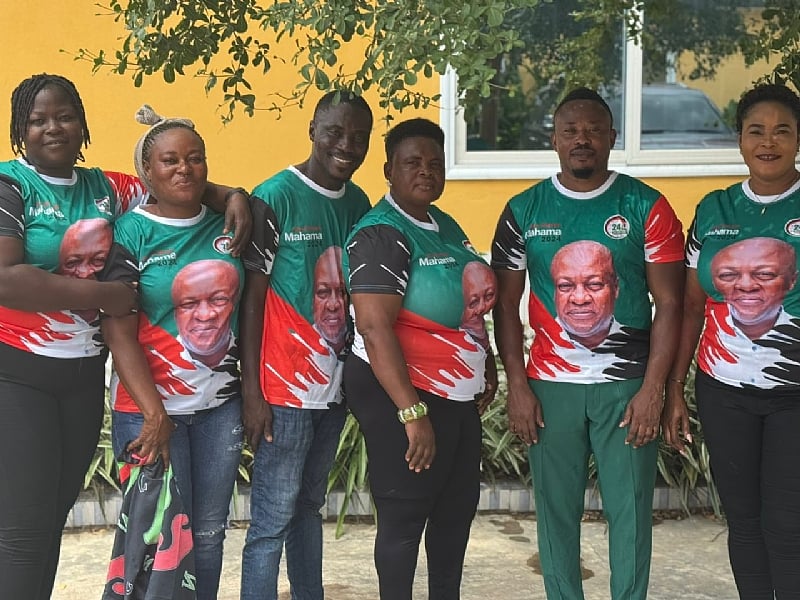Dr. Anthony Sorkpah, spokesperson for NDC Insight, articulated the vision of John Dramani Mahama, former President of Ghana and the flagbearer of the National Democratic Congress (NDC), highlighting his commitment to empowering the youth of Ghana in a competitive global landscape. Mahama’s administration is focused on investing significantly in the youth, recognizing their pivotal role in driving economic growth and innovation. By prioritizing the development of young people’s skills and capabilities, Mahama aims to rejuvenate Ghana’s economy, ensuring that younger generations are well-equipped to contribute to national development.
In addressing the pressing issue of youth unemployment, Dr. Sorkpah emphasized Mahama’s dedication to creating avenues for skill development, education, and entrepreneurship. He asserted that through substantial investments in youth, there will be a constructive impact that can stimulate economic progress and foster a culture of innovation and creativity. Sorkpah posited that a vote for Mahama is a vote for the future of Ghana, where young people will be empowered to take active roles in the country’s development trajectory. This commitment reflects the broader goal of nurturing a generation that is not only aware of its socio-economic responsibilities but also equipped with the requisite tools to embrace the challenges of the future.
A key initiative mentioned by Dr. Sorkpah is the creation of a comprehensive database designed to facilitate job matching between prospective graduates and employment opportunities. This innovative platform will allow graduates to upload their resumes, which will then be automatically matched with job vacancies that correspond to their skills and qualifications. By streamlining this process, the initiative aims to enhance job placement efficiency, providing timely alerts to both job seekers and employers when suitable positions arise. This approach underscores Mahama’s intent to modernize how employment opportunities are communicated within the labor market.
Furthermore, the proposed initiatives extend beyond mere job matching. Dr. Sorkpah discussed the implementation of a nationwide youth apprenticeship program aimed at equipping young individuals with practical skills outside the traditional educational system. By focusing on vocational training and skill acquisition, this program seeks to empower underprivileged youth, giving them the tools needed to either secure stable employment or embark on entrepreneurial ventures. Sorkpah remarked that such programs could potentially transform the economic landscape by nurturing a self-sufficient and enterprising youth population.
Another significant aspect of Mahama’s strategy is the online, database-driven approach to employment, which is positioned as a means to diminish the practices of nepotism and favoritism that have historically plagued public sector employment. By relying on merit-based criteria for matching candidates with jobs, this system aims to create a more equitable and transparent employment environment. Dr. Sorkpah argued that such reforms could rejuvenate public confidence in the hiring process, ensuring that opportunities are accessible to all qualified individuals, regardless of their background or connections.
In conclusion, Dr. Anthony Sorkpah’s articulation of John Dramani Mahama’s vision for youth empowerment reflects a comprehensive strategy aimed at tackling critical issues facing Ghana today. By investing in education, entrepreneurship, and skill development while introducing innovative systems for job matching and training, Mahama’s administration intends to transform the youth landscape in Ghana. This initiative is not only pivotal for curbing unemployment but also essential for ensuring that the next generation is prepared to engage actively in the nation’s development, fostering a spirit of innovation and empowerment that will define Ghana’s future economic prosperity.














